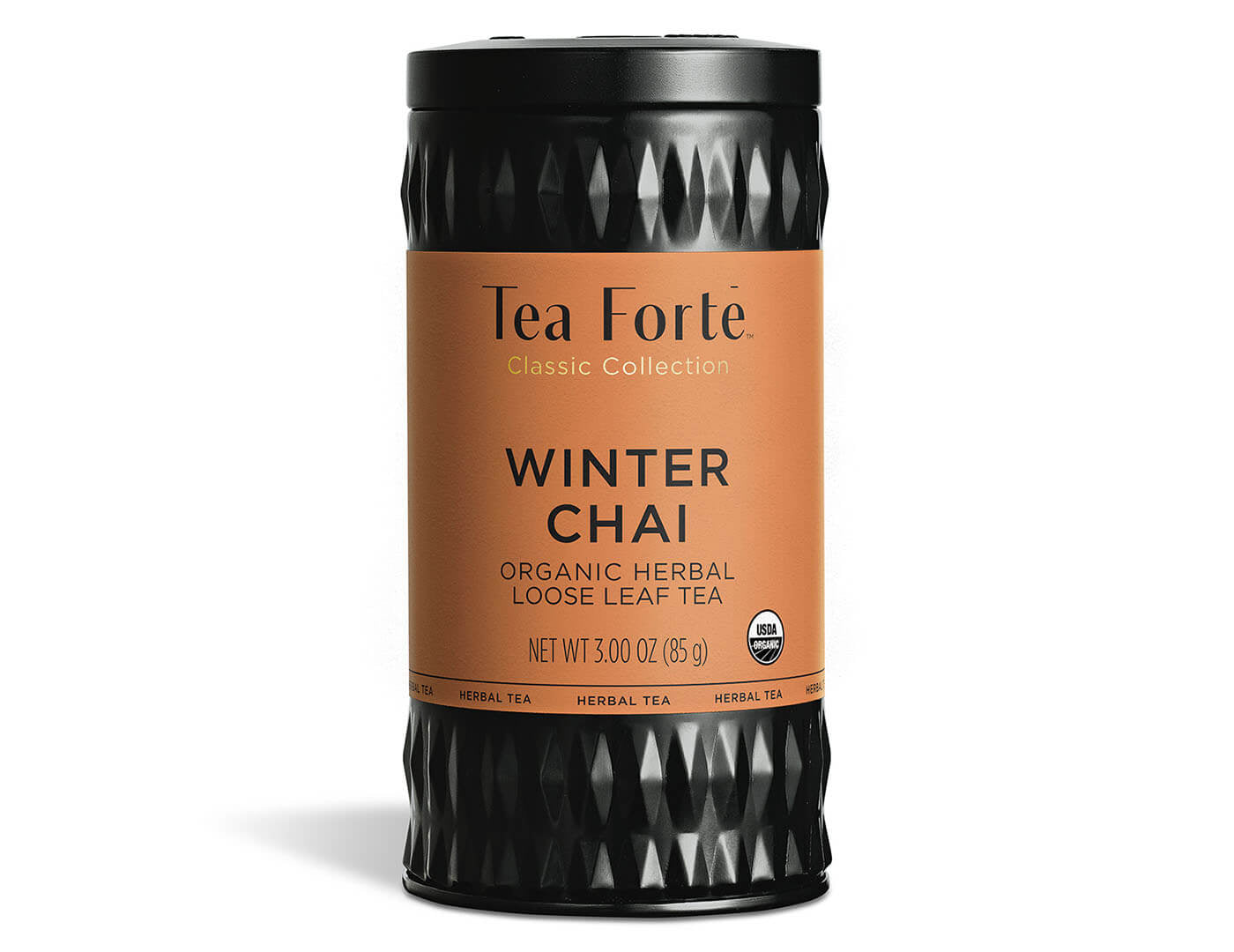Currently displaying 75 items
Event Box Sencha 48ct
Design Closeout 40% Savings

Cold Brew Pomegranate Vanilla
Cyber Monday Save 35%
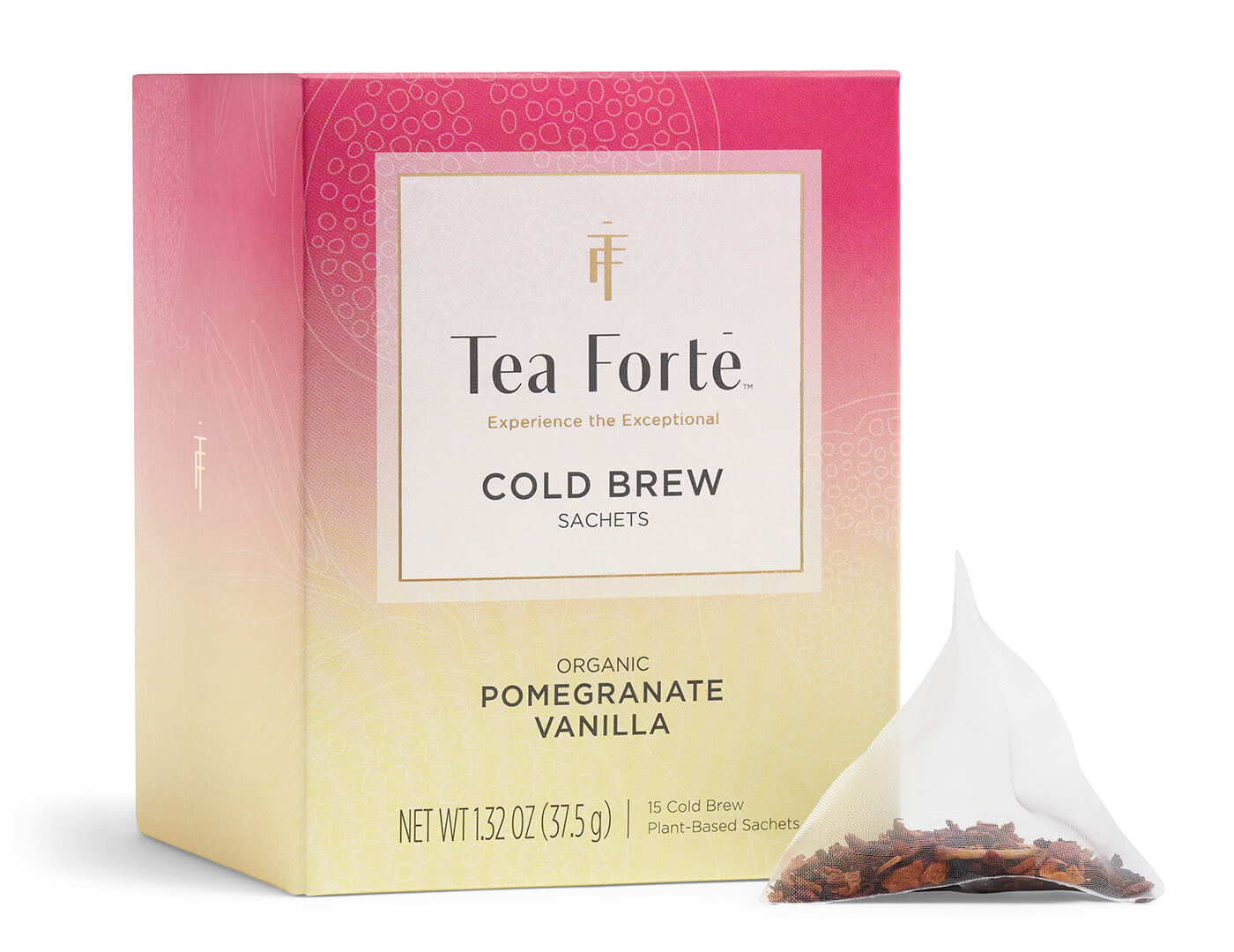
Wellbeing Gift Set
Cyber Monday Save 35%

Jardin Gift Set
Cyber Monday Save 35%

Tea Chest Tea Tasting Assortment
Cyber Monday Save 35%
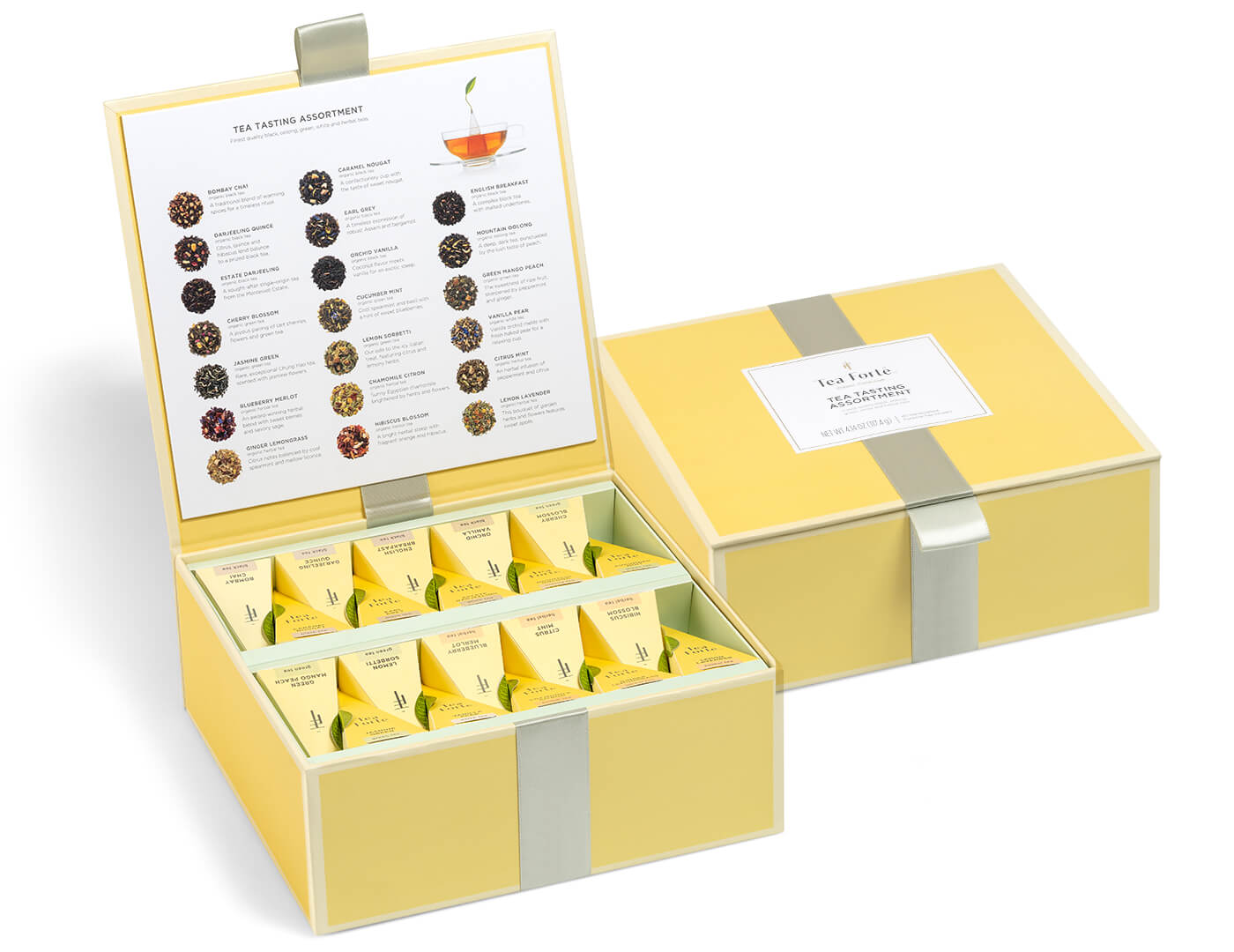
Tea Chest Jubilee
Cyber Monday Save 35%
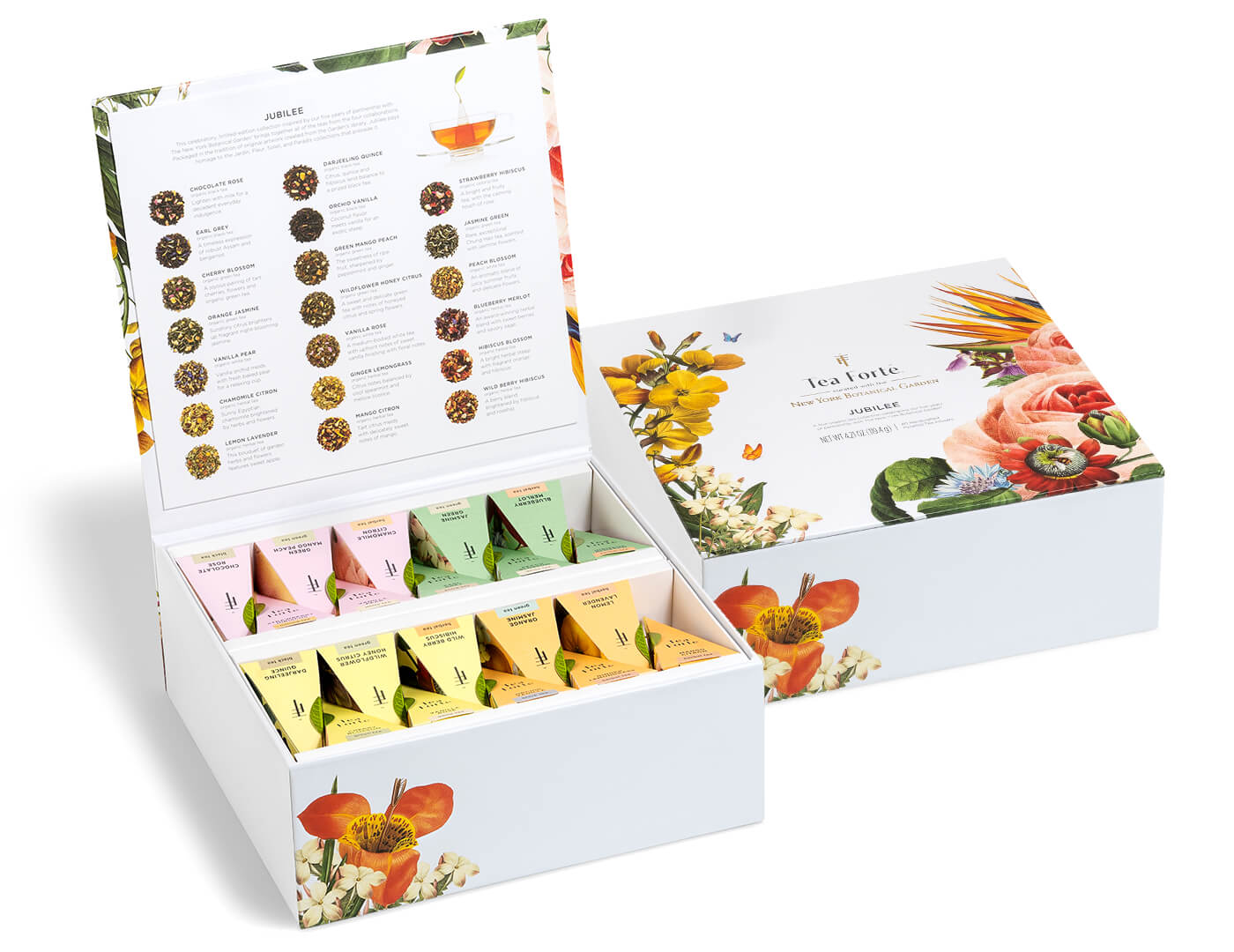
Petite Presentation Box Jubilee
Cyber Monday Save 35%
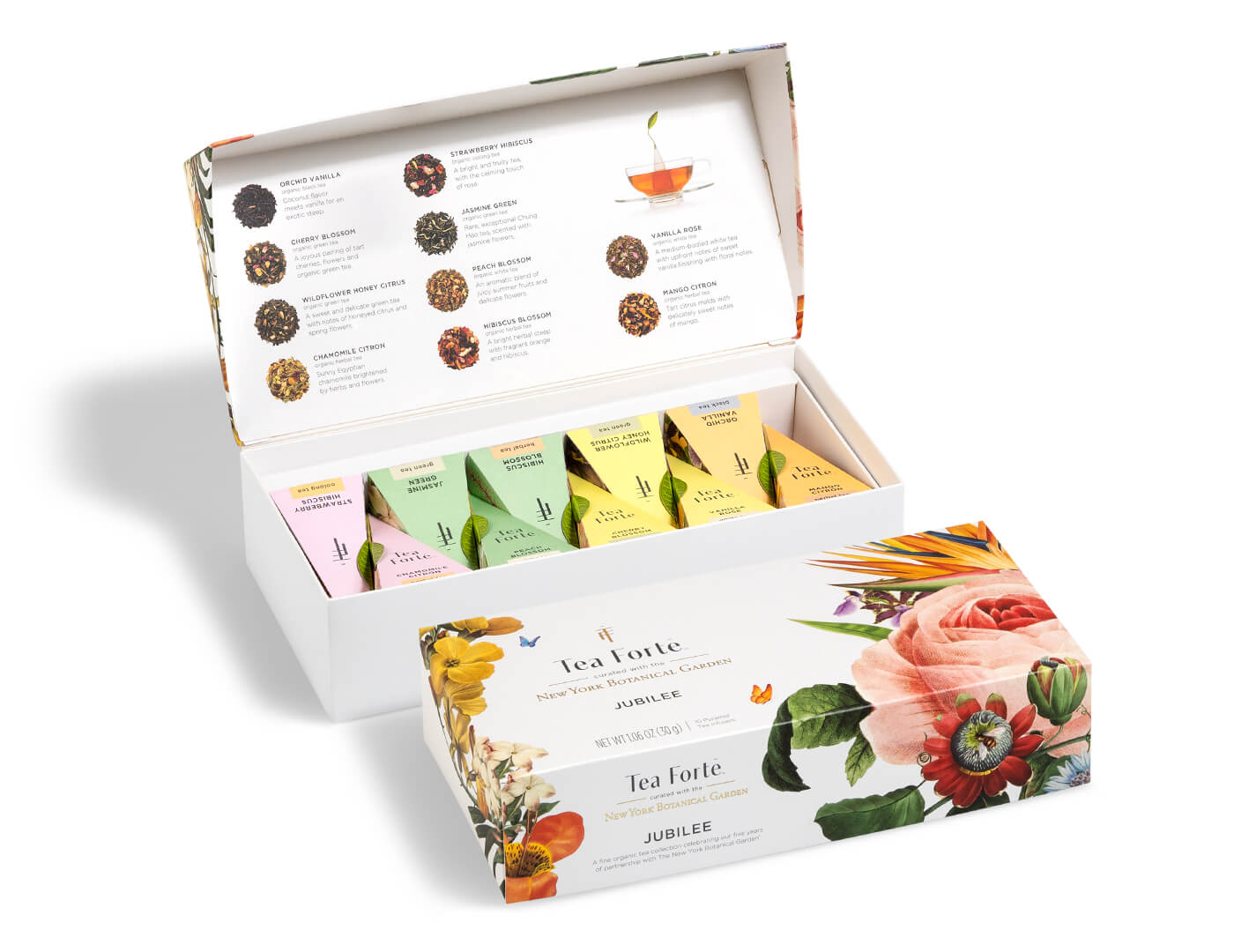
Petite Presentation Box Fleur
Cyber Monday Save 35%
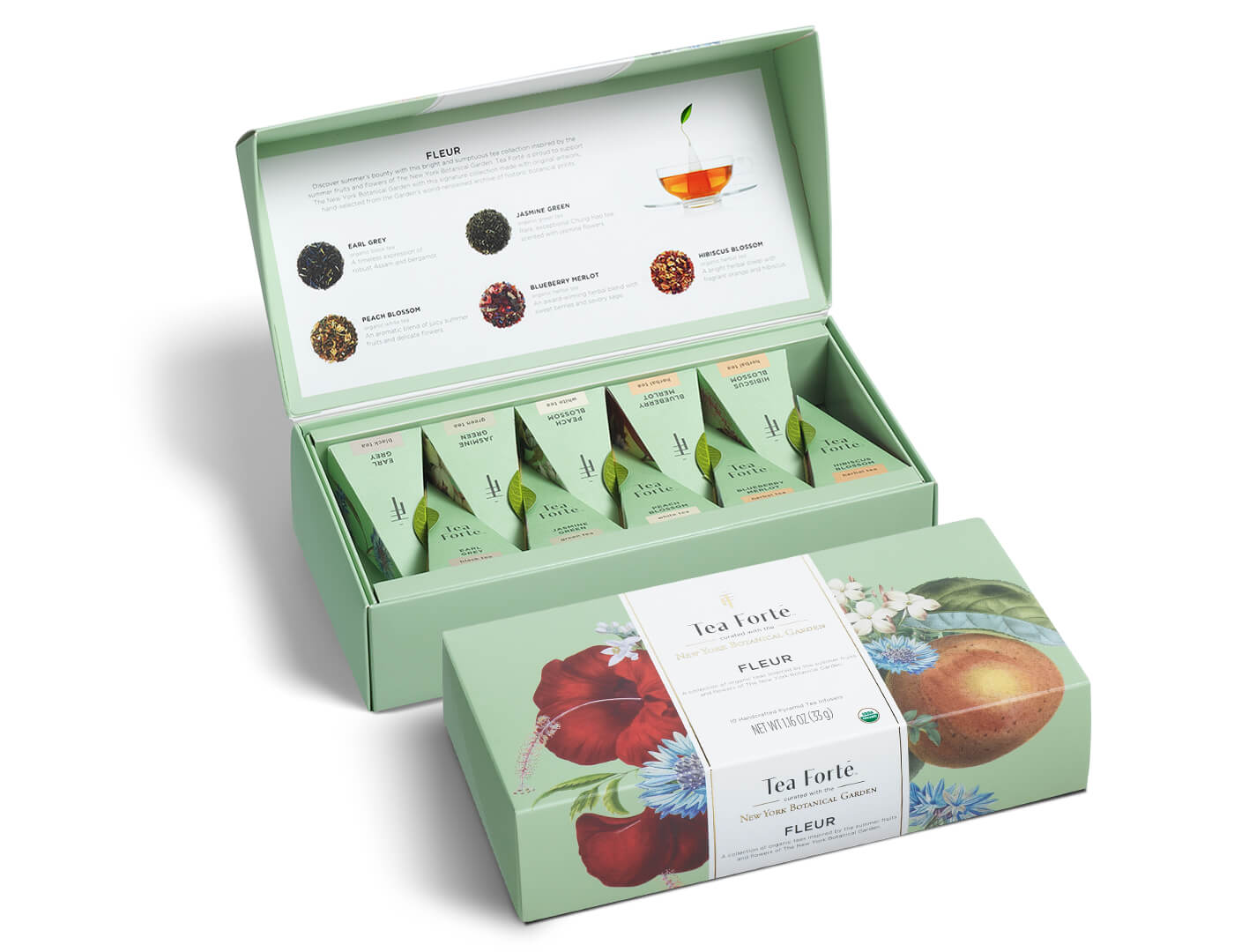
Petite Presentation Box Hanami
Cyber Monday Save 35%
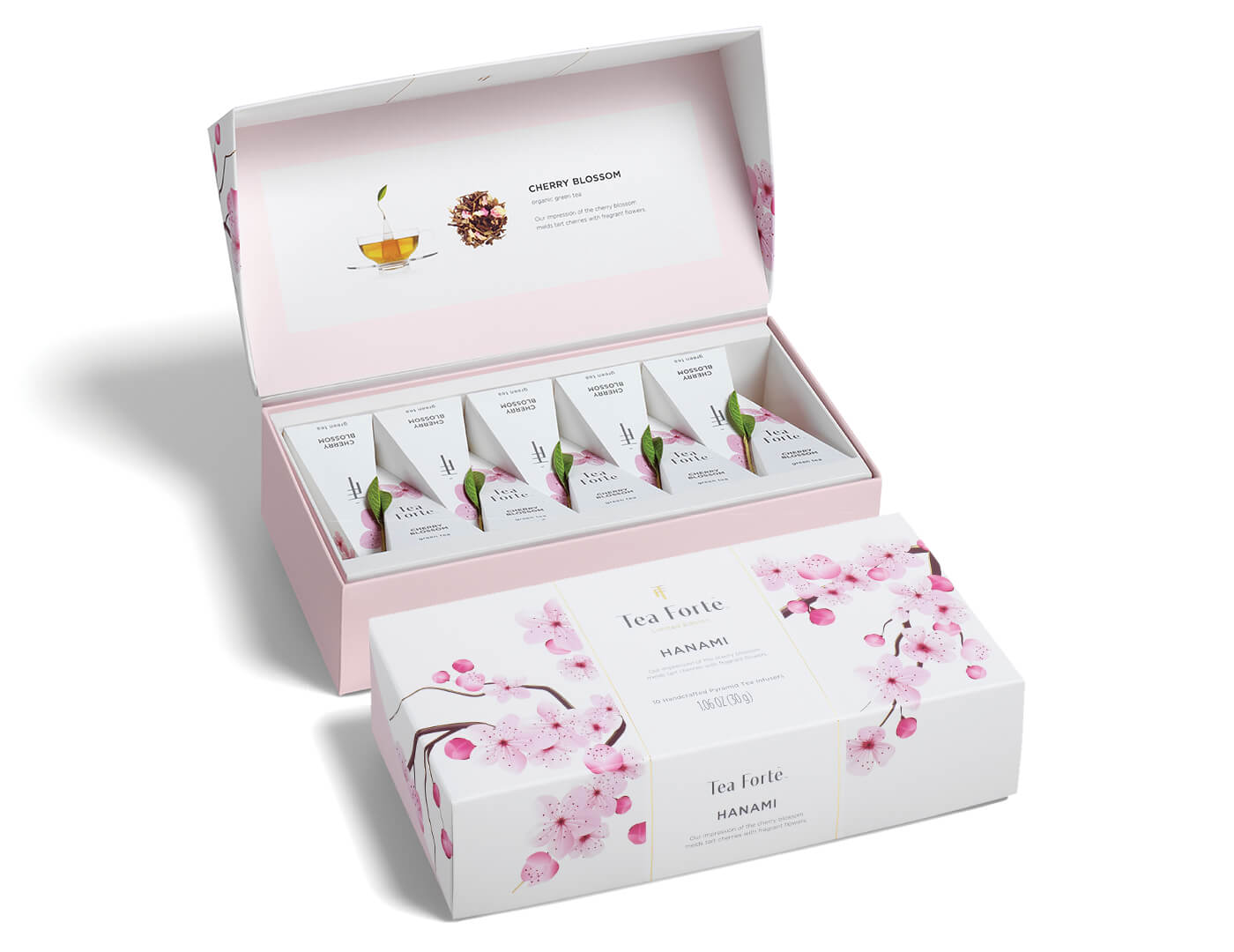
Petite Presentation Box Herbal Retreat
Cyber Monday Save 35%
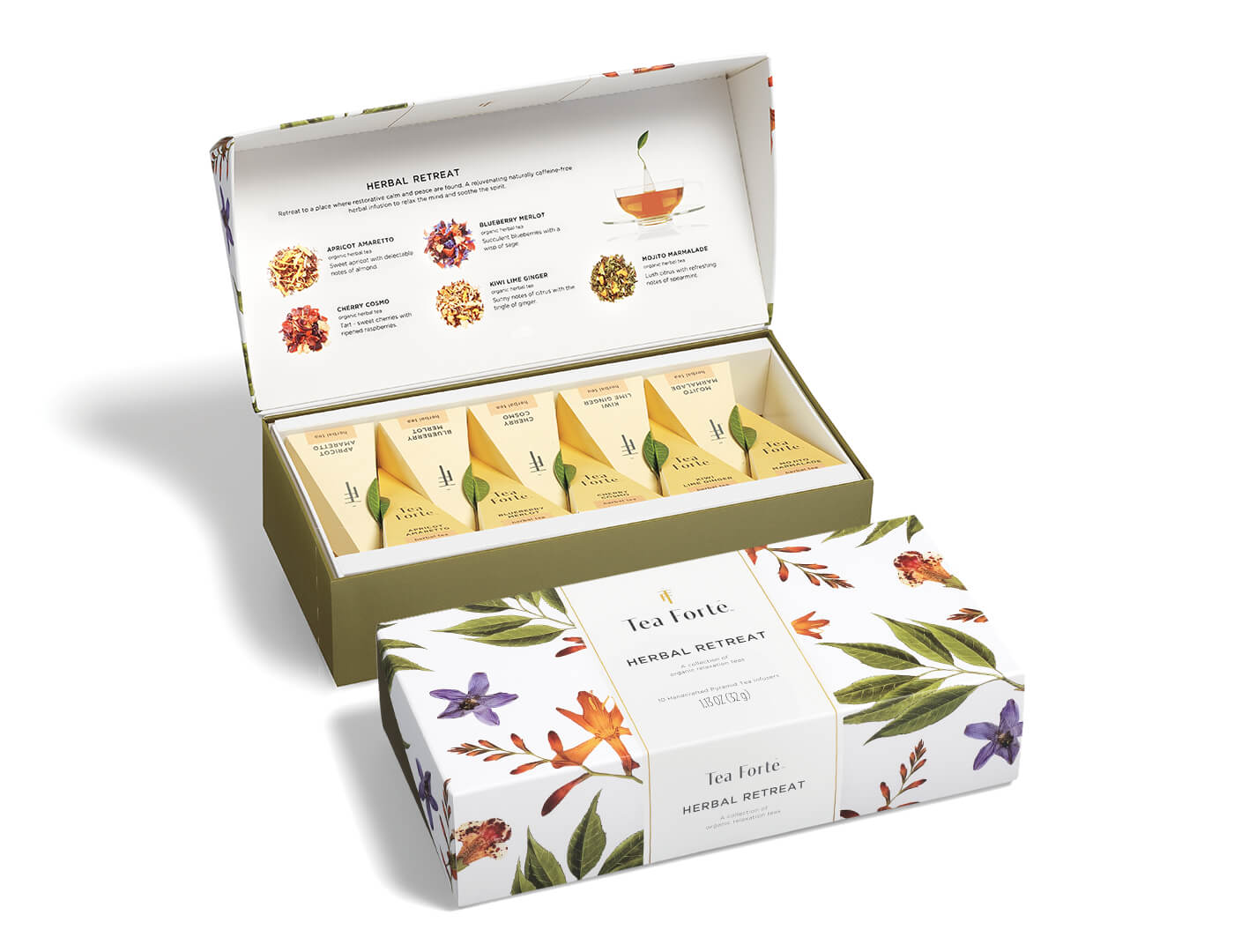
Petite Presentation Box Jardin
Cyber Monday Save 35%
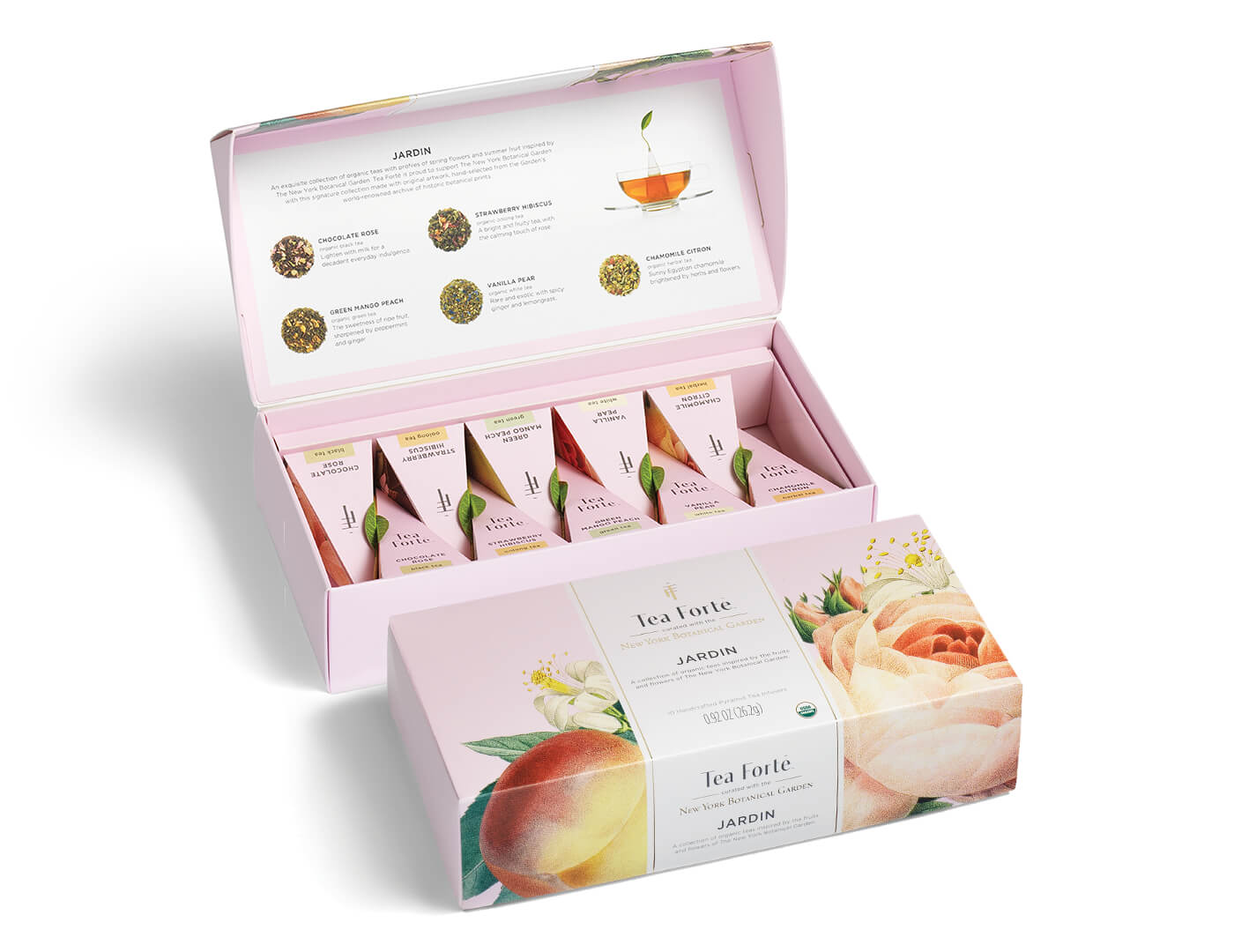
Petite Presentation Box Lotus
Cyber Monday Save 35%
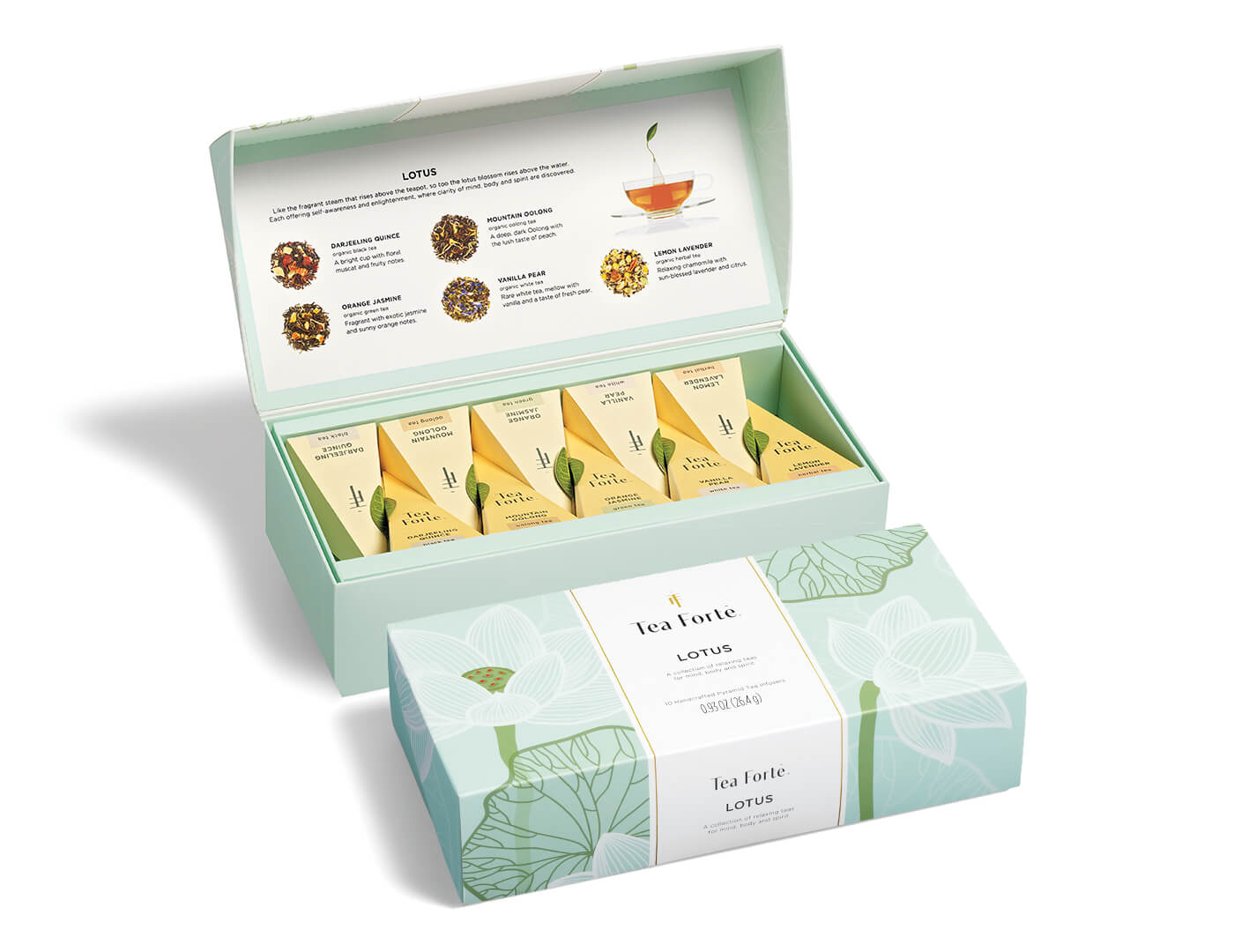
Petite Presentation Box Wellbeing
Cyber Monday Save 35%
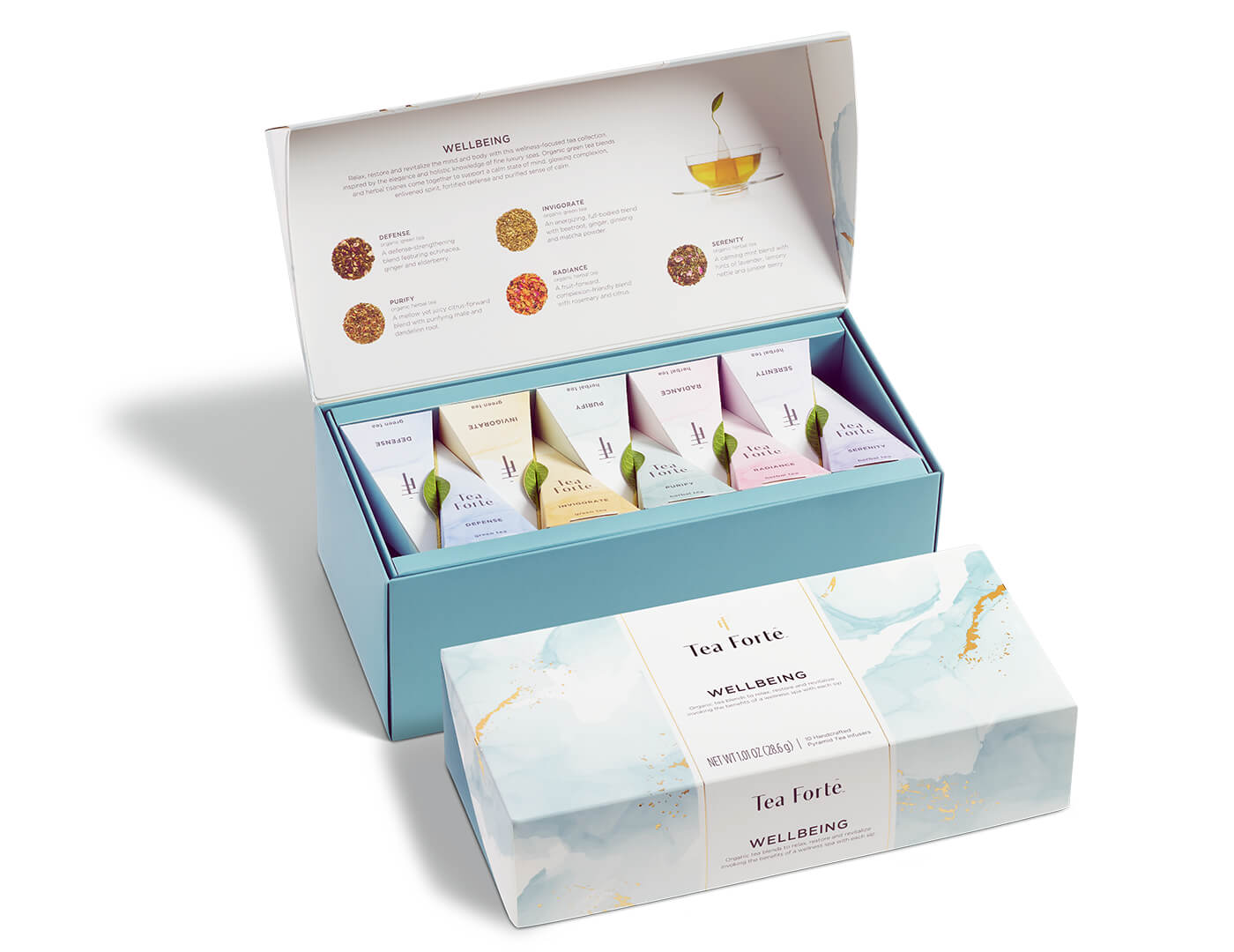
Presentation Box Herbal Retreat
Cyber Monday Save 35%
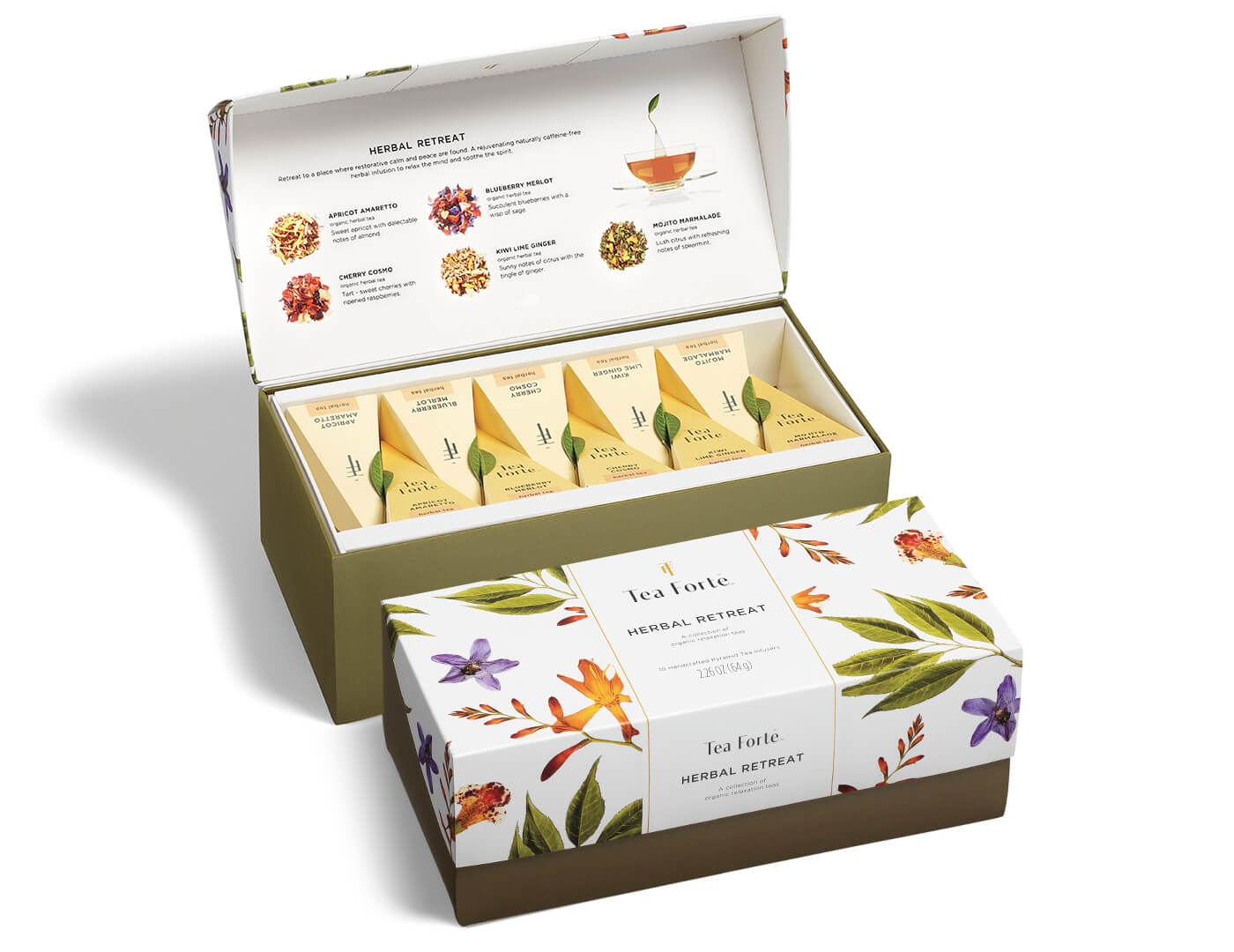
Presentation Box Jubilee
Cyber Monday Save 35%
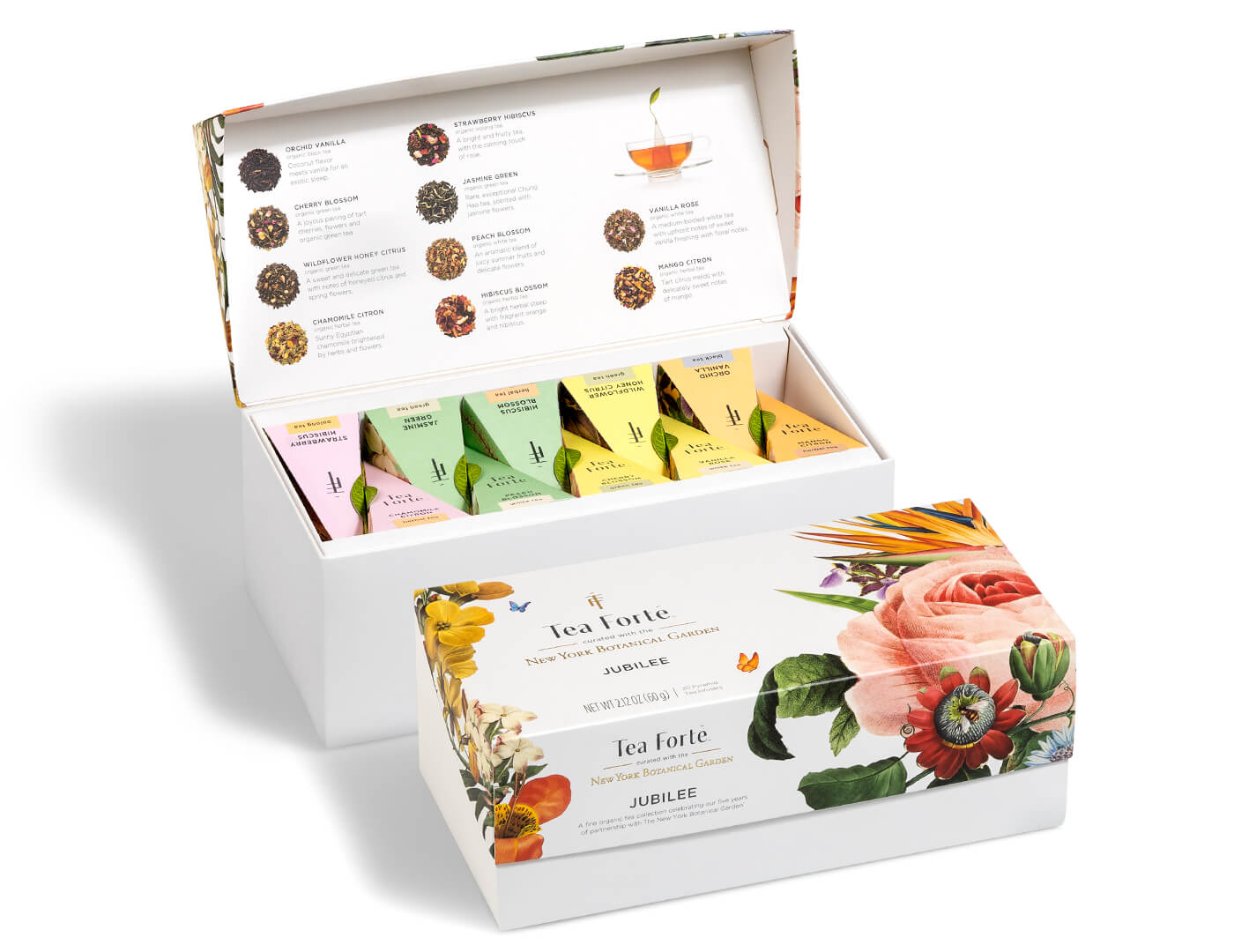
Presentation Box Lotus
Cyber Monday Save 35%
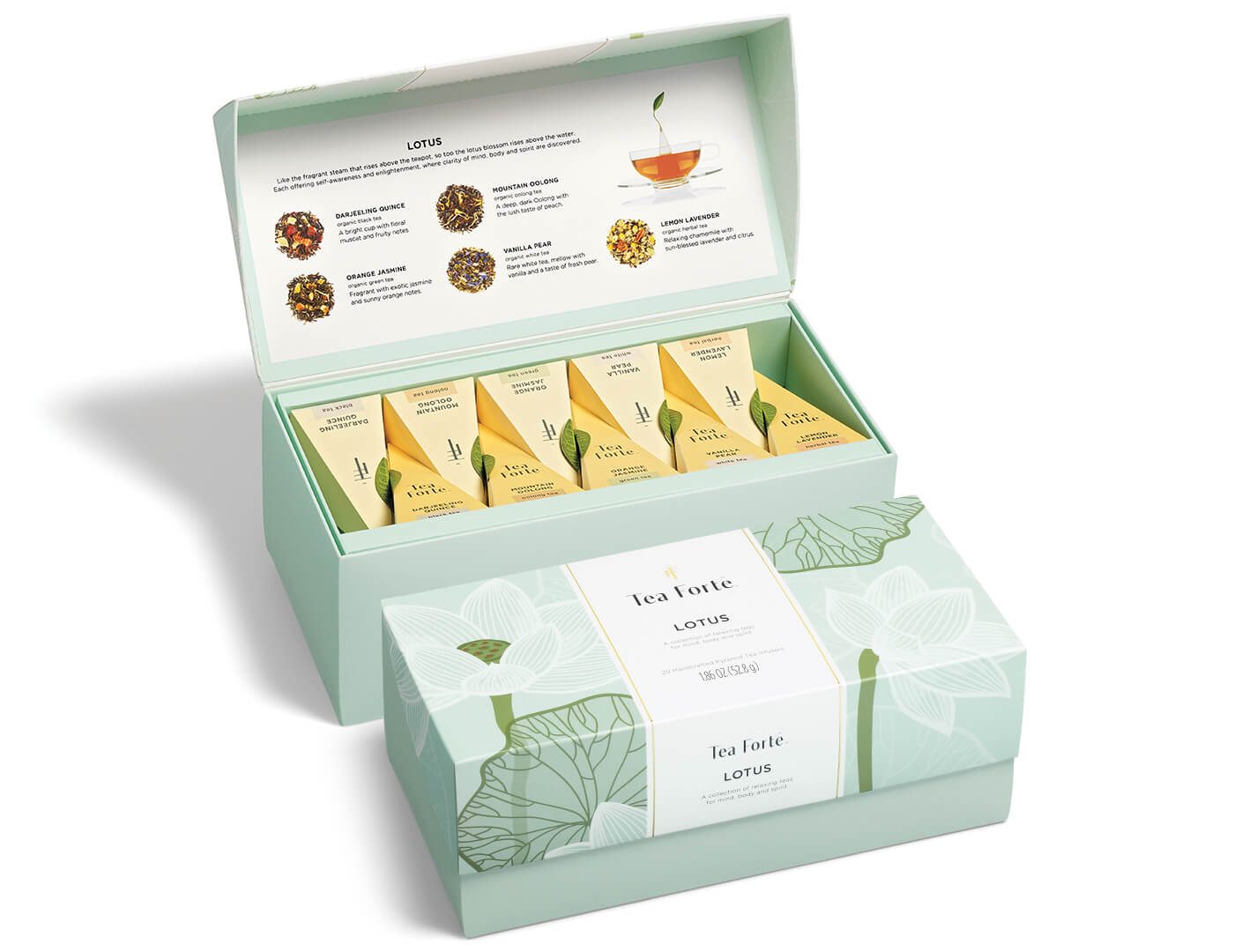
Presentation Box Wellbeing
Cyber Monday Save 35%
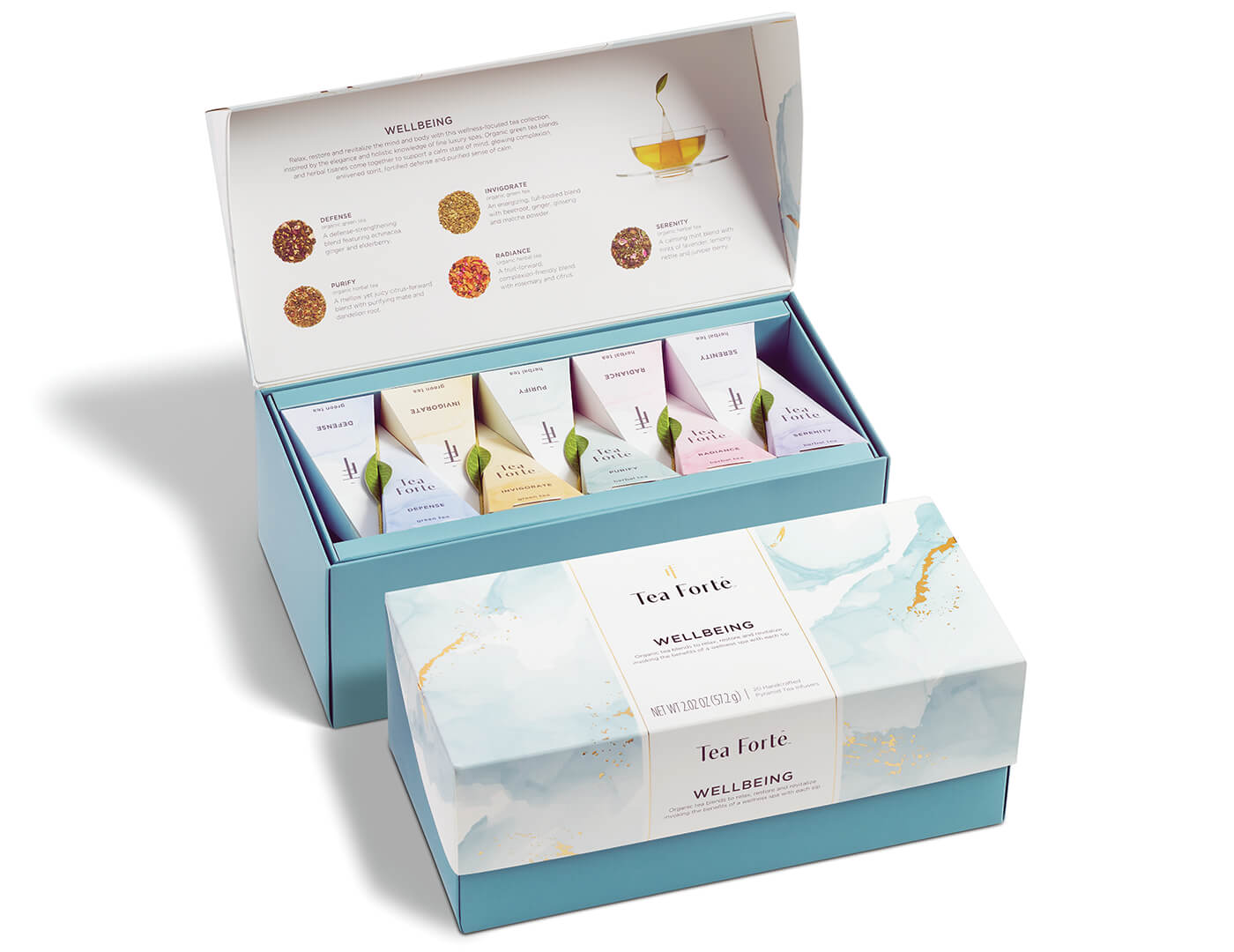
Tea Over Ice 5pk Box Iced Ceylon Gold
Cyber Monday Save 35%
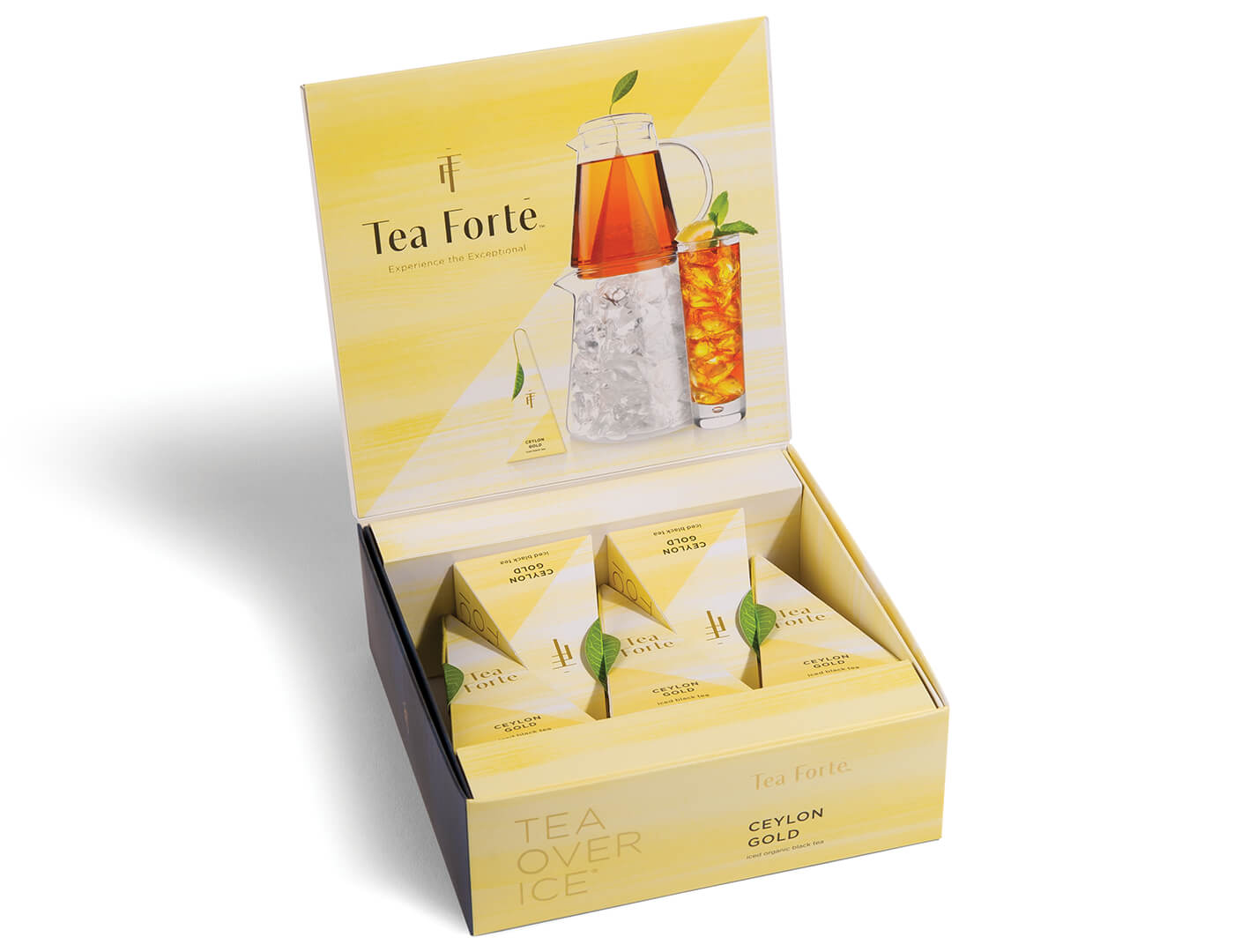
Event Box Citrus Mint 40ct
Design Closeout 40% Savings
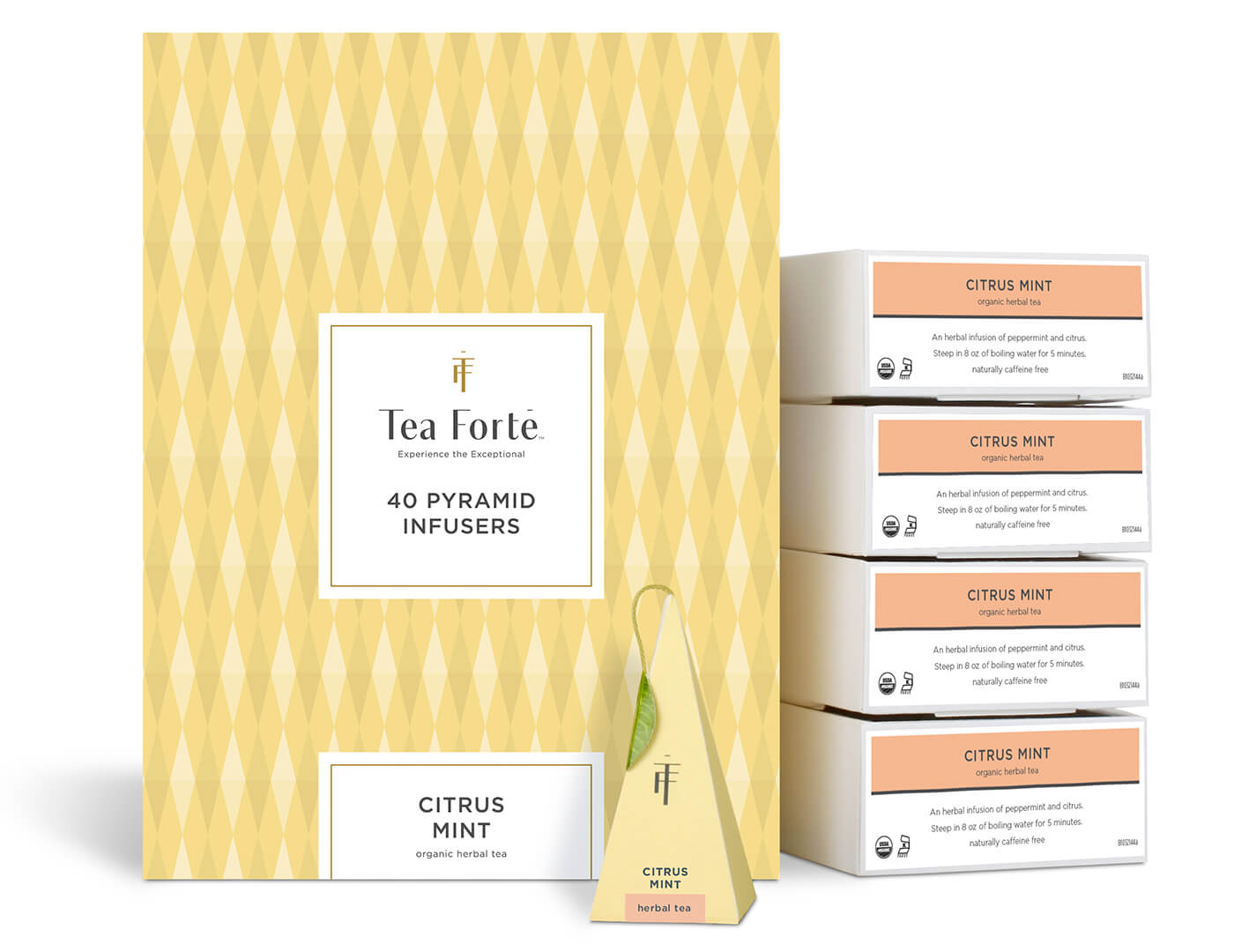
Fleur Gift Set
Black Friday Save 35%

Loose Leaf Tea Canisters Defense
Design Closeout 40% Savings
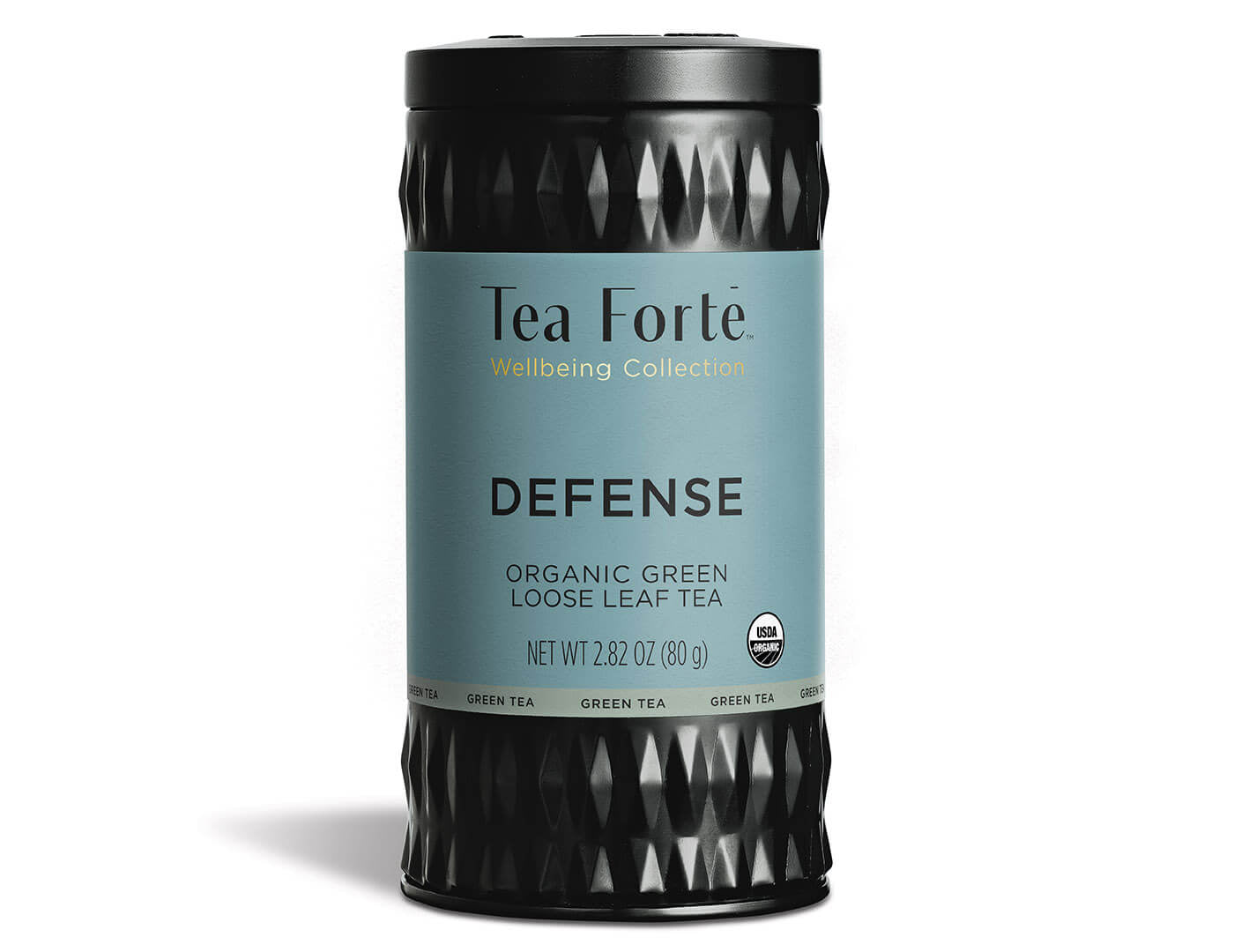
Loose Leaf Tea Canisters Lemon Lavender Tea
Design Closeout 40% Savings
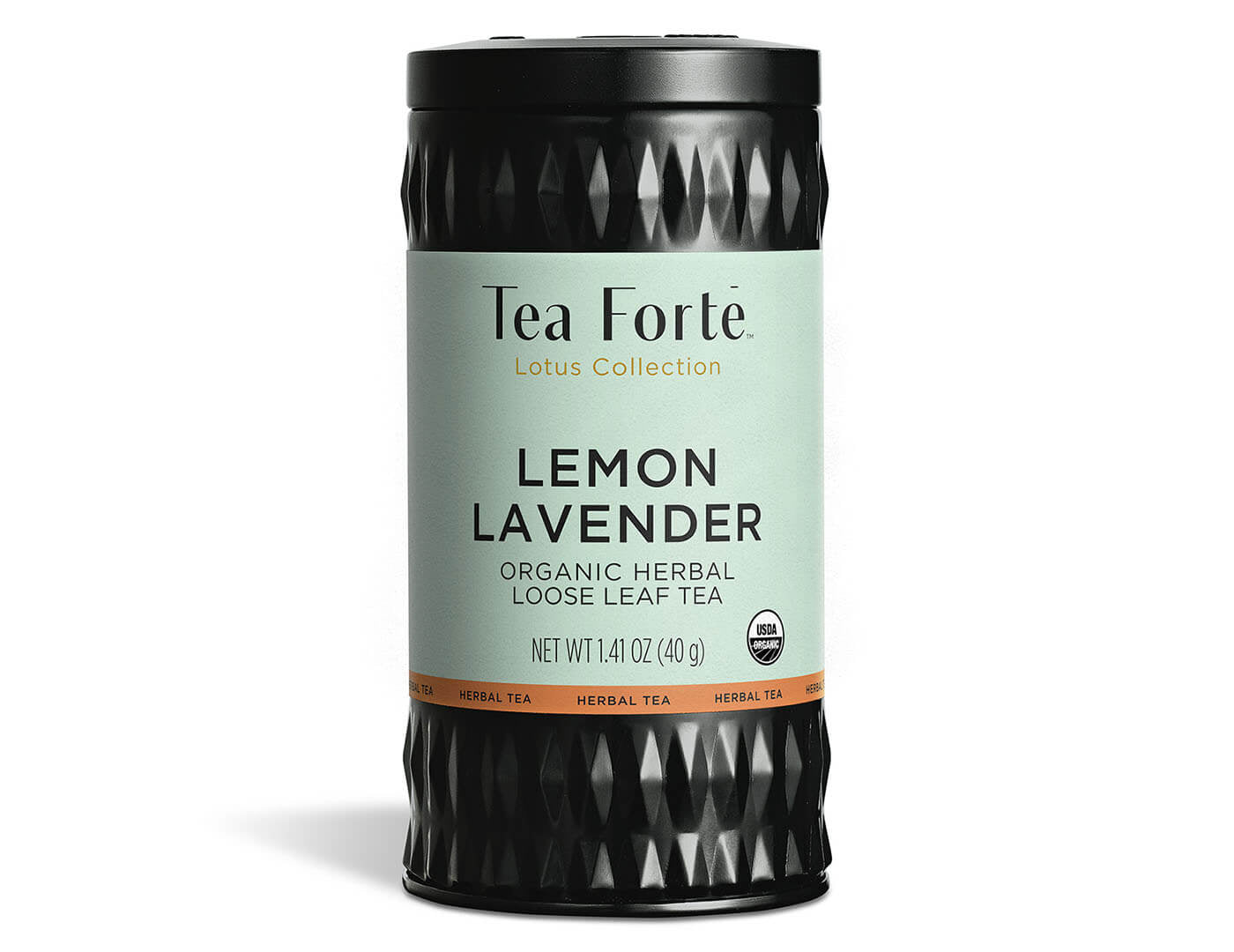
Loose Leaf Tea Canisters Mango Citron
Design Closeout 40% Savings
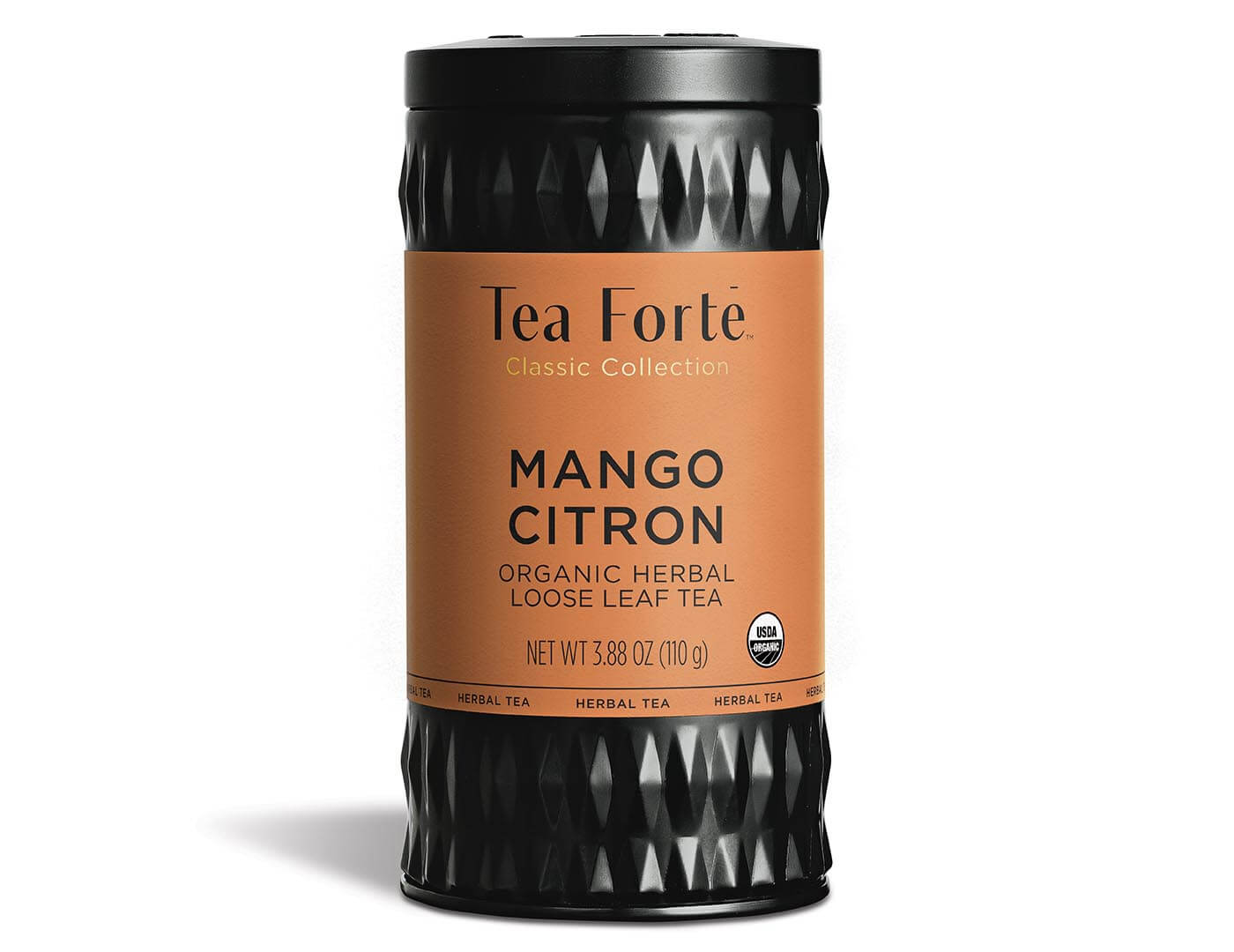
Loose Leaf Tea Canisters Radiance
Design Closeout 40% Savings
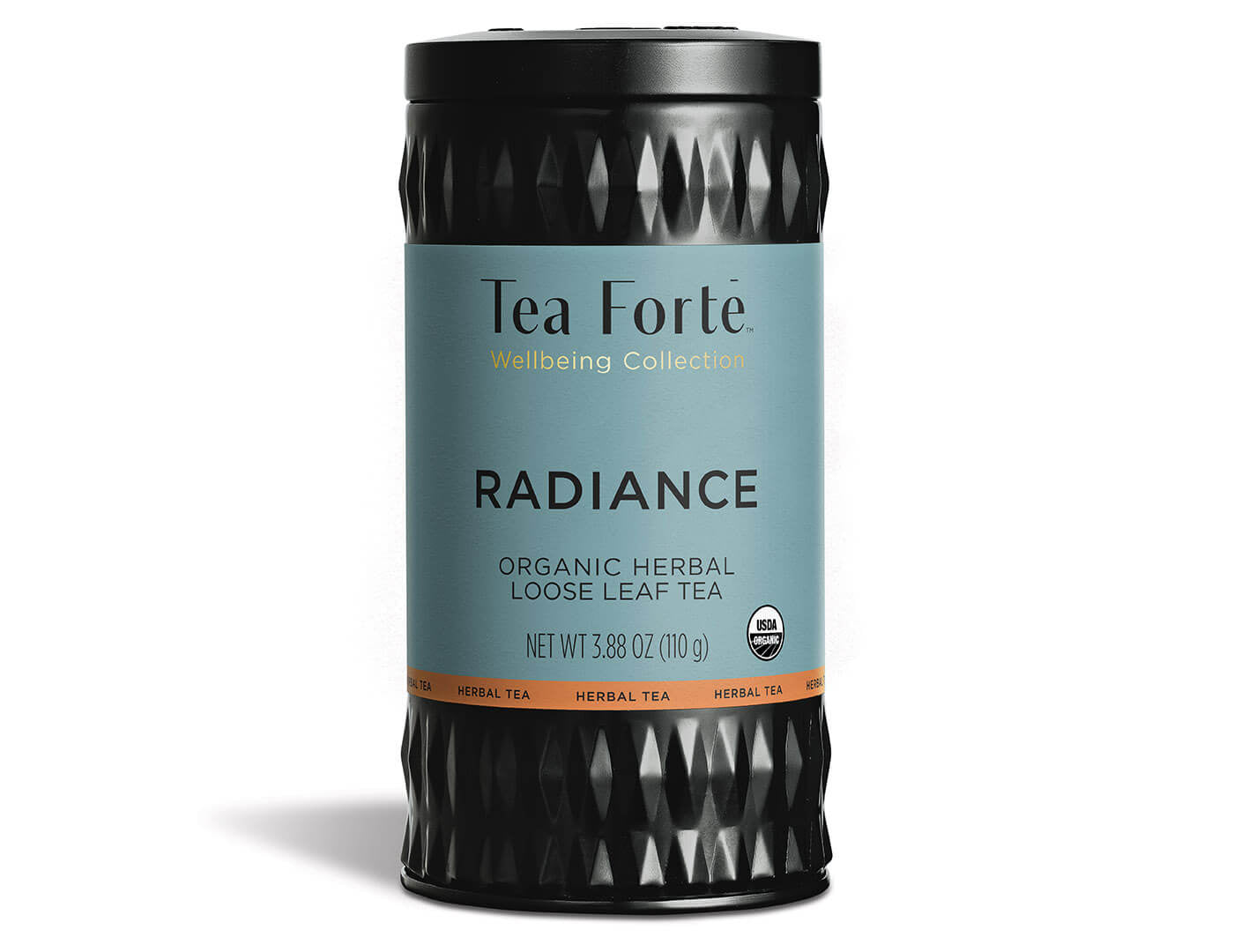
Loose Leaf Tea Canisters Spiced Herbal Maté
Design Closeout 40% Savings
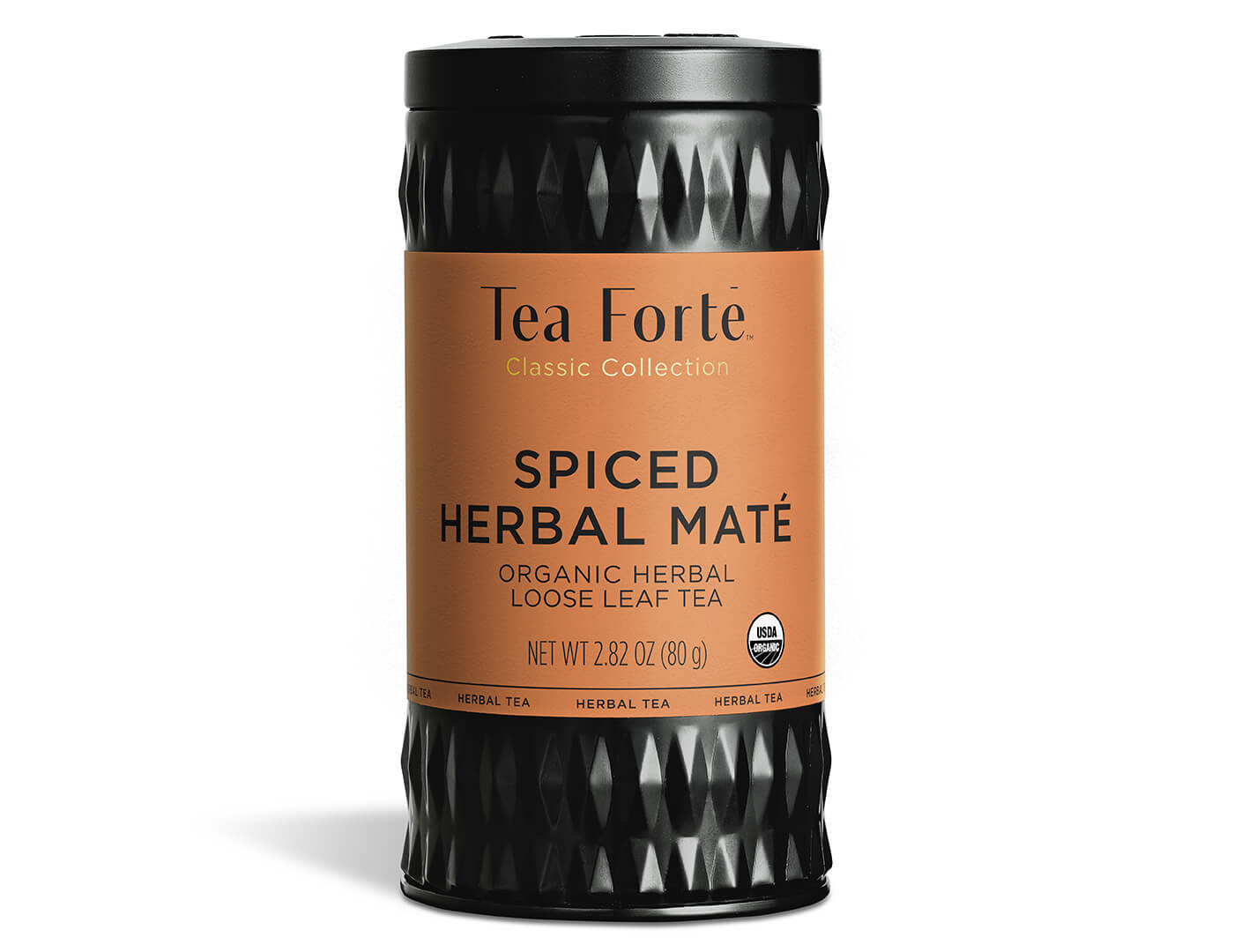
Loose Leaf Tea Canisters Winter Chai Tea
Design Closeout 40% Savings
